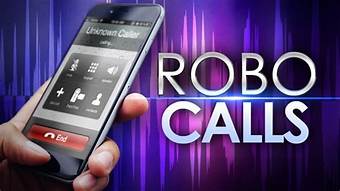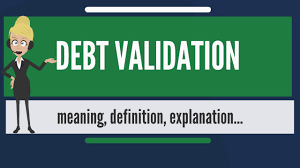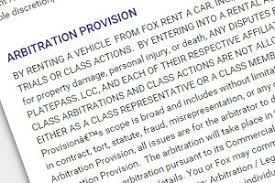 Robocalling case law has been rapidly evolving over the past few months. The latest case out of Tampa’s Middle District, is the case of MELANIE GLASSER, individually & on behalf of all others similarly situated Plaintiff, v. HILTON GRAND VACATIONS COMPANY, LLC. Defendant., No. 8:16-CV-952-JDW-AAS, 2018 WL 4565751, at *5 (M.D. Fla. Sept. 24, 2018) (Judge Whittemore) (holding at summary judgment that defendant’s dialer is not an ATDS and discussing a dialer that automatically enters the number but requires a clicker agents to push the “make call button” to control the pace of the calls doesn’t alter that the clicker agent’s actions were “integral to initiating outbound calls” … “accordingly, it matters not that the computer actually dials the number forwarded to it by the clicking agent. Rather, the focus is on the agent’s human intervention in initiating the calling process.”).
Robocalling case law has been rapidly evolving over the past few months. The latest case out of Tampa’s Middle District, is the case of MELANIE GLASSER, individually & on behalf of all others similarly situated Plaintiff, v. HILTON GRAND VACATIONS COMPANY, LLC. Defendant., No. 8:16-CV-952-JDW-AAS, 2018 WL 4565751, at *5 (M.D. Fla. Sept. 24, 2018) (Judge Whittemore) (holding at summary judgment that defendant’s dialer is not an ATDS and discussing a dialer that automatically enters the number but requires a clicker agents to push the “make call button” to control the pace of the calls doesn’t alter that the clicker agent’s actions were “integral to initiating outbound calls” … “accordingly, it matters not that the computer actually dials the number forwarded to it by the clicking agent. Rather, the focus is on the agent’s human intervention in initiating the calling process.”).
Despite this case initially looking bad for consumers, there was some good language in the case – its just that the evidence wasn’t presented in this case for the telephone system to fall under the definition of an autodialer.
“Relevant here, ACA Int’l left intact earlier FCC rulings that “the ‘basic function’ of an autodialer is to dial numbers without human intervention:” For instance, the ruling states that the “basic function” of an autodialer is the ability to “dial numbers without human intervention.” 2015 Declaratory Ruling, 30 FCC Rcd. at 7973 ¶ 14; id. at 7975 ¶ 17. Prior orders had said the same. 2003 Order, 18 FCC Rcd. at 14,092 ¶ 132; 2008 Declaratory Ruling, 23 FCC Rcd. at 566 ¶ 13.”
 The Fair Debt Collection Practices Act (“FDCPA”) and its Florida counterpart, the Florida Consumer Collection Practices Act, (“FCCPA”) require a debt collector or creditor to cease all collection efforts once a consumer acts to preserve their rights. But you have to ask first, and in writing by sending a cease and desist.
The Fair Debt Collection Practices Act (“FDCPA”) and its Florida counterpart, the Florida Consumer Collection Practices Act, (“FCCPA”) require a debt collector or creditor to cease all collection efforts once a consumer acts to preserve their rights. But you have to ask first, and in writing by sending a cease and desist. Reboot Your Life: Tampa Student Loan and Bankruptcy Attorney Blog
Reboot Your Life: Tampa Student Loan and Bankruptcy Attorney Blog








